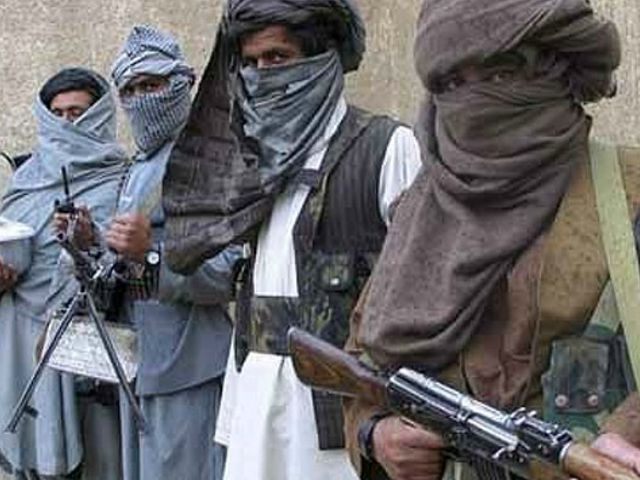An alleged Pakistani terrorist from the Lashker-e-Taiba (LT) Islamist militant group was apprehended in the Indian state of Jammu and Kashmir on Wednesday after he and an accomplice carried out a deadly attack and hours-long gun battle exchange which killed two members of India’s Border Security Force (BSF) and left 11 soldiers wounded.
“I am from Pakistan and my partner was killed in the firing but I escaped. Had I been killed, it would have been Allah’s doing,” the terrorist identified as Usman Khan said, according to NDTV.com. “There is fun in doing this… I came to kill Hindus,” he reportedly said calmly.
The terrorists had reportedly infiltrated the border 12 days ago on a mission. They ambushed a convoy on the Jammu-Srinagar National Highway in the region’s Udhampur district and the lone survivor fled to a village nearby where he took three hostages at a school; they were subsequently released. The two murdered BSF officers were identified as Rocky and Shubhendu Roy.
NDTV notes that the captured militant first told authorities that he was in his early 20s before changing his age to 16. He had initially identified himself as Qasim (or Kasim), then said name was Usman Khan. It is reportedly typical for members of the Lashker-e-Taiba group to train militants to say they are under the age of 18 so they are tried as juveniles if they are captured.
The Pakistani-based Lashker-e-Taiba group was reportedly started in the 1980s to oppose the Soviets in Afghanistan. Some have alleged that the group was founded by the Pakistani government’s Inter-Service Intelligence agency (ISI). The group has several training camps in the Pakistan-controlled portion of Kashmir known as Azad Kashmir (which translates to “Free” or “Independent Kashmir” in Urdu) which lies to the west of India’s Jammu and Kashmir territory. LT has been designated as an international terrorist organization by the United States and the United Nations.
The hashtag #AnotherKasab was trending on social media Wednesday comparing Usman to Pakistani militant and Lashker member Ajmal Amir Kasab who took part in the 2008 terrorist attacks in Mumbai, India in which over 160 people were killed with guns and grenades. Kasab was executed by the Indian government in 2012.
What will it take for Pakistan to accept that terror grows in its country and that it has given birth to many terrorists. #AnotherKasab
— Tavleen Singh Aroor (@Tavysingh) August 5, 2015
Tensions between India (predominantly Hindu) and Pakistan (mostly Muslim) have existed since 1947, when the Indian subcontinent gained independence from Great Britain and the partition created Pakistan. They have fought three major wars since that time –the Indo-Pakistani War of 1947, the five-week Indo-Pakistani War of 1965 and the brief but bloody Bangladesh Liberation War of 1971.
Last month, the Bollywood box office hit film Bajrangi Bhaijaan, starring Salman Khan, was released to coincide with the Muslim holiday known as Eid and was geared towards softening Indian-Pakistani relations. It is the story of a speech-impaired Pakistani girl who winds up in India and with the help of a spiritual Indian man finds her way back home.
India and Pakistan are slated to hold their first national security advisor-level talks between August 23-24 in New Delhi. Pakistani and Indian National Security Advisors Sartaj Aziz and Ajit K Dova will meet to discuss how the two nations can focus on ending cross-border terrorism.
Follow Adelle Nazarian on Twitter @AdelleNaz and on Facebook.

COMMENTS
Please let us know if you're having issues with commenting.